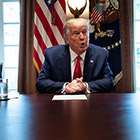
Beyond the Virus
Trump’s refusal to accept accountability for anything in this crisis is emblematic of something in our culture.


Trump’s refusal to accept accountability for anything in this crisis is emblematic of something in our culture.

We are back for a new series of the Hot & Bothered podcast, with weekly episodes on climate politics in the time of coronavirus. But we won’t be able to do it without your support.

The author of What You Have Heard Is True talks about her political education in El Salvador.

In our financialized era, policing, adjudication, and punishment have been reorganized as resource extraction operations.
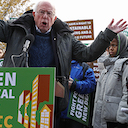
We can only decarbonize fast and reduce social inequalities at the same time with a new political economy.

Benjamin Netanyahu has used the coronavirus to resuscitate his political career.

A Green New Deal needs to translate lofty ideas into specific interventions. How quickly can we decarbonize our energy grid, how do we overcome the institutional obstacles of the American political system, and how do we put frontline communities in the lead?
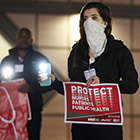
The coronavirus crisis has made clear that care and life-making work are the essential work of society.
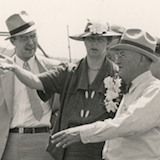
It’s impossible to contemplate a Green New Deal without sharpening our understanding of the original New Deal—its labor movement, its ambitious experiments, and its racial inequalities.

What do political mobilization and economic reconstruction look like in the face of a climate emergency?
The first in a four-part series on how we win a Green New Deal.
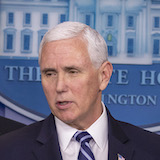
The stimulus bill doesn’t come anywhere near to meeting the challenge that we face.
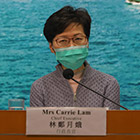
The current crisis has exposed how little remains of the “one country, two systems” framework.
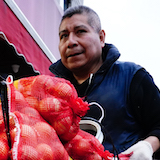
In the weeks ahead, the class lines that divide today’s America might become most visible around who must still venture out to work and who can work from the safety of home.
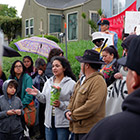
The coronavirus pandemic is forcing politicians to act in ways that just weeks ago seemed unthinkable. And activists like the Reclaimers are opening the cracks still wider.

There is little risk in doing too much to stabilize the economy. The danger is doing too little.